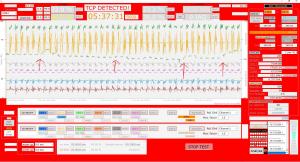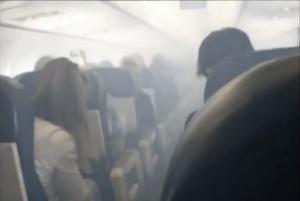Cabin Air Sensor Solutions Ltd Adds 5 New Compounds & a Gas That Can be Detected In Real-Time By Their 'Canary' Sensor
Safer Aircraft Cabin Air Now a Possibility For Passengers & Air Crew Alike
LONDON, UK, March 16, 2023 /EINPresswire.com/ -- Cabin Air Sensor Solutions Ltd, (CASS) announced today that they had successfully completed their 9-month compound sensing work package adding Ethanol, Ammonia, Acetone, Toluene, Tricresyl Phosphate & Carbon Monoxide to their compound detection capability.Operations Director Mark Gilmore said, "In May 2022 the UK's National Physical Laboratory, verified the sensor’s ability to detect Tributyl Phosphate in real-time which was key in our development of the sensing technology pathway. Using the lessons learned whilst working on the TBP coating has enabled us to rapidly open a huge opportunity for the company by increasing our sensing capability to cover 5 further compounds, and a gas".
CASS also announced that their Japanese Patent Application had been granted, and that further grants are pending final investigations.
David Newman, CASS CEO said, "It has been an extremely difficult journey for a small start-up company to take this completely original Idea from Concept, though to Prototype and then, to Portable Handheld Sensor, but with the support of our private & corporate investors, together with our scientific team, we have finally made it, and are incredibly proud of the achievement".
David Newman
Cabin Air Sensor Solutions Ltd
+44 20 7993 5307
dnewman@cabinairsensorsolutions.com
CASS Video Introduction to Potential Development Partners
Legal Disclaimer:
EIN Presswire provides this news content "as is" without warranty of any kind. We do not accept any responsibility or liability for the accuracy, content, images, videos, licenses, completeness, legality, or reliability of the information contained in this article. If you have any complaints or copyright issues related to this article, kindly contact the author above.



